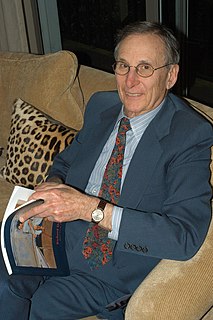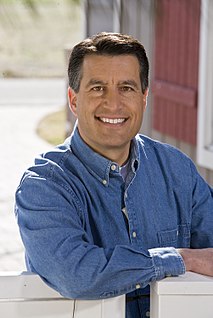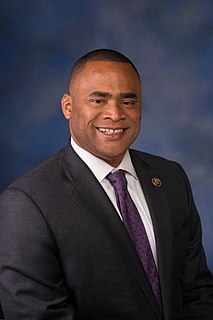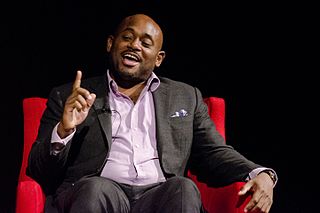A Quote by Rishi Sunak
I'm a first generation immigrant.
Quote Topics
Related Quotes
Today's children are living a childhood of firsts. They are the first daycare generation; the first truly multicultural generation; the first generation to grow up in the electronic bubble, the environment defined by computers and new forms of television; the first post-sexual revolution generation; the first generation for which nature is more abstraction than reality; the first generation to grow up in new kinds of dispersed, deconcentrated cities, not quite urban, rural, or suburban.
We have overcome economic devastation, defeated mighty oppressors, and lifted up generation after generation of Americans. We can - and we will - do it again. For that is our birthright as members of the American family - white, black, Hispanic, Asian, immigrant, or descendant of the Founding Fathers themselves.
So how do Latinos feel if there's a big investment just in the African American community, and they're looking around and saying, "We're poor as well. What kind of help are we getting?" Or Asian Americans who say, "Look, I'm a first-generation immigrant, and clearly I didn't have anything to do with what was taking place."
When you're first-generation money, you want to say, "I got a Mercedes and a Rolls and a Lamborghini. Take a look." When you're second-generation money, you're very quiet behind your country club doors. I think that's why people are much more aware. It's the first-generation wives that have the huge rings and the second-generation says, "Everyone be quiet as we get on our yacht or our private plane."

































